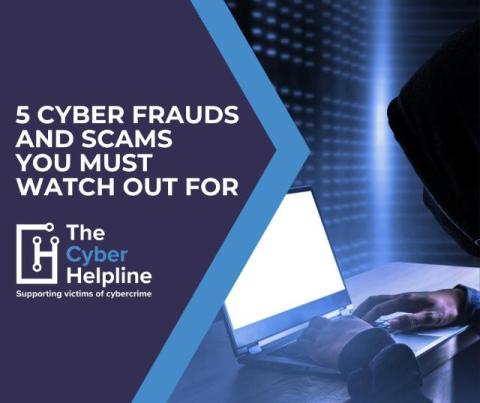The Role of Behavioral Analytics in Preventing Fraud
Cybersecurity threats are becoming more common and affect everyone, from big companies to small businesses. For example, about 43% of cyber attacks target small businesses, emphasizing the need for solid cybersecurity practices. Additionally, it often takes companies around 6 months to discover a data breach, showing how tricky and hidden these cyber threats can be.












